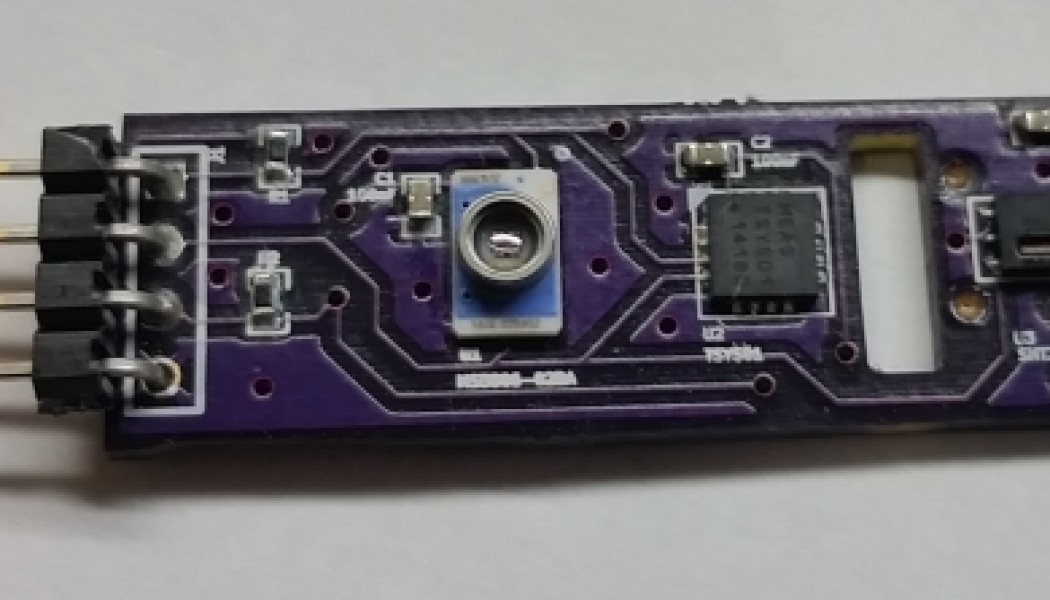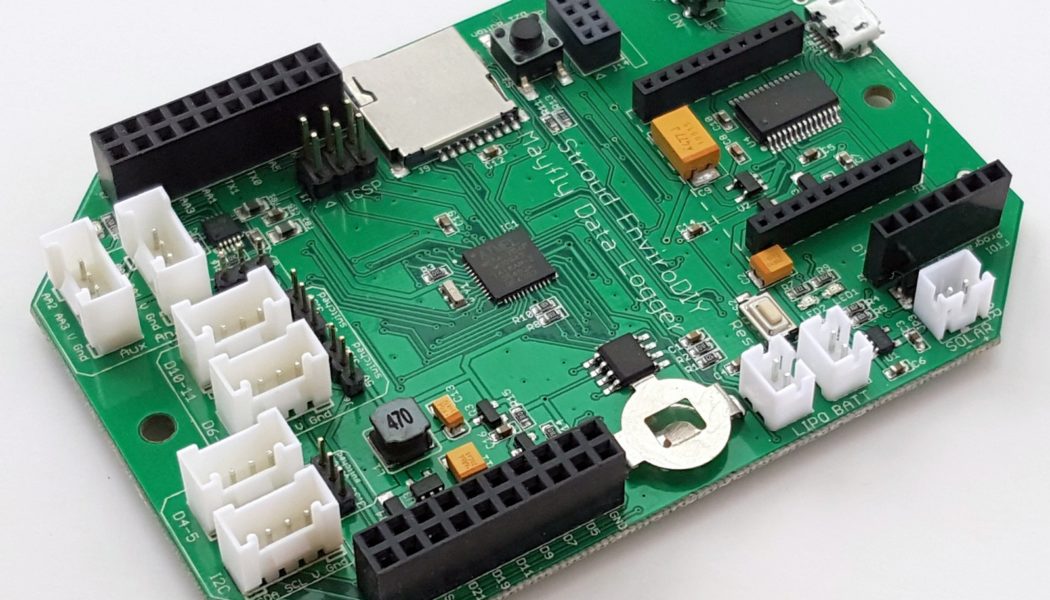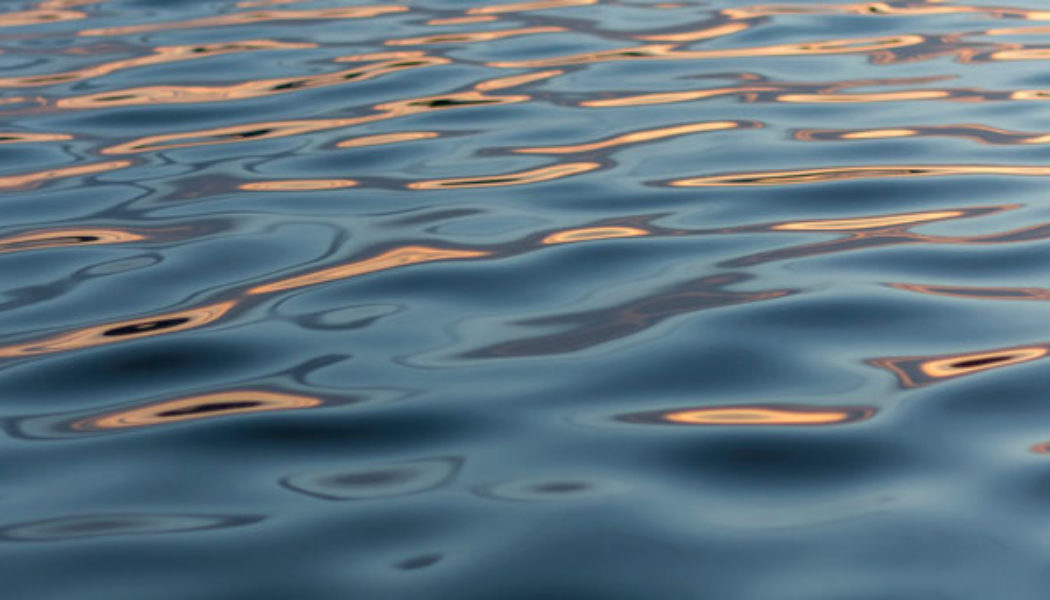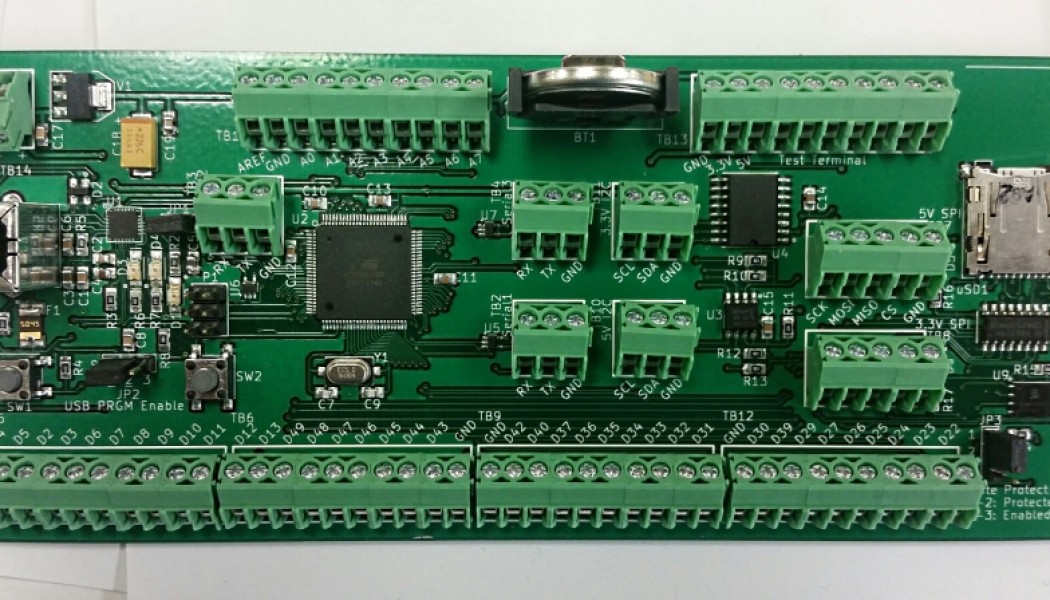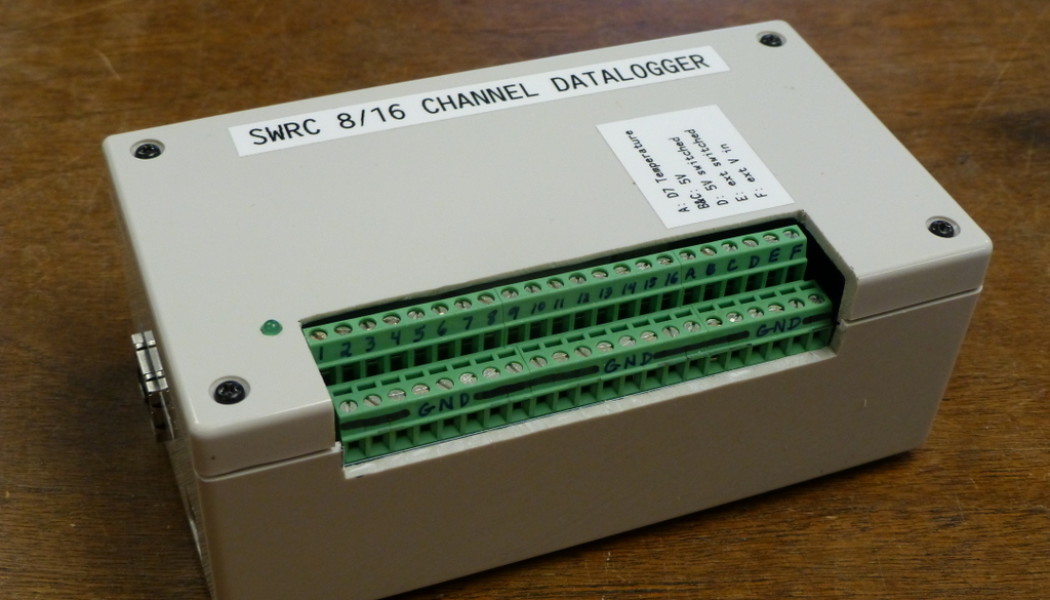 Welcome to EnviroDIY, a community for do-it-yourself environmental science and monitoring. EnviroDIY is part of WikiWatershed, an initiative of Stroud Water Research Center designed to help people advance knowledge and stewardship of fresh water.
Welcome to EnviroDIY, a community for do-it-yourself environmental science and monitoring. EnviroDIY is part of WikiWatershed, an initiative of Stroud Water Research Center designed to help people advance knowledge and stewardship of fresh water. New to EnviroDIY? Start here
Blog
Precision Sensor Board Update
I have continued working on this project and found a probe cover and cable housing. By not using the back of the cable housing I’ve been able to modify a RM Young 41390 Sensor Junction Box and make a usable Pressure, Temp, Humidity device to fit inside the multi-plate radiation shields. I’ve made some changes to the board connections so that it will solder to the probe housing ...[Read More]
Introducing the new Mayfly Logger
It has a combination of features and capabilities that make it one of the most powerful and flexible logger platforms available.
Trigger Teledyne Isco Sampler by Campbell Logger
Hello! Anyone has experience with triggering a Teledyne Isco Water Sampler external by a Campbell Logger? It seems to be a small challenge and we are happy for any information!
Arduino DataLogger Board
Wanted to share my most recent attempt at a customized Arduino based (Mega2560) data logger board. I’ve used a Silicon Labs CP2104 USB interface and also contains: -DS3231 RTC with Battery B/U -uSD Card -4MB MRAM (SPI interface) – 3 Serial Port Headers (3.3V/5V) **I left Serial dedicated to the USB, but Serial1, 2, and 3 are avail. -3.3V/5V I2C headers -3.3V/5V SPI headers All digital...[Read More]
Precision Sensor Board
I recently designed a board that incorporates digital pressure, temperature, and dewpoint sensors I’ve called the PTU board. I deal with weather balloon tracking systems and the information sent back from the radiosondes is usually called PTU data (Pressure, Temperature, and Humidity). I’ve written 2 new Arduino libraries for the pressure and temp and reused an existing library for the...[Read More]
16-channel data acquisition system
A few months ago I was asked by a researcher here at the Stroud Water Research Center to come up with an automated way to measure the voltage of 8 fuel cells. The cells need to be electrically isolated from each other, so that requires differential measurements instead of the more common method of using a common ground for everything and then just doing single-ended measurements. I looked into c...[Read More]

